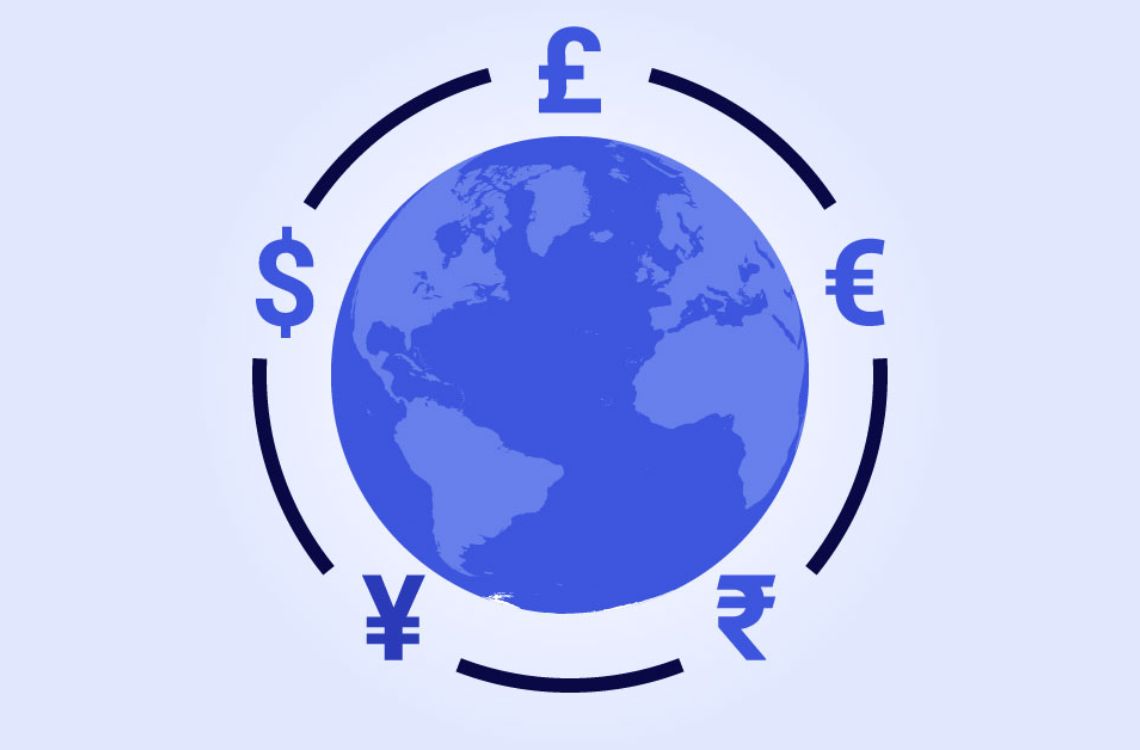The sluggish pace and prohibitive costs of cross-border transactions are glaring issues in our fast-paced, global economy. It’s an open secret: the monumental growth in global payments, projected to jump from $190 trillion in 2023 to a mind-boggling $290tn by 2030, starkly contrasts with the outdated and costly state of cross-border payments.
The Current Stagnant State of Cross-Border Transactions
In this era of rapid globalization, trade, capital, and migration flows are intensifying, but the mechanisms facilitating cross-border payments are failing to keep up.
Businesses, particularly small and medium-sized enterprises, are deterred by the high costs and complexity of international transactions, hindering growth and economic integration.
Migrant workers, supporting an estimated one in nine people globally, face exorbitant fees when sending money home, with regions like sub-Saharan Africa witnessing costs as high as 8.4%.
Considering the $626bn in remittances in 2022, a mere 1% reduction in fees would translate to an additional $6bn in the pockets of those who need it the most.
A Glimpse at Potential Solutions and Existing Challenges
The inefficiencies in the system have not gone unnoticed, with alternative players eyeing this space as a lucrative business opportunity. However, their solutions are far from perfect.
Cryptocurrencies, especially those not backed by assets, are wildly volatile, while stablecoins cannot consistently guarantee convertibility at par, making them susceptible to runs.
Major tech groups are attempting to create closed-loop solutions, restricting payments within specific user groups, which could lead to further fragmentation and concentration of market power.
A revolution is overdue. The answer might lie in the integration of over 70 domestic fast-payment systems worldwide, fostering a transparent, affordable, and swift cross-border payments landscape.
This move would not only enhance efficiency by shortening transaction chains but also ensure open connectivity between payment systems, recognizing it as a public good.
For developing economies lacking fast-payment systems, adherence to international standards and support from international organizations are crucial to foster cross-border interoperability. In Europe, we see a shining example of what the future could hold.
The Target Instant Payment Settlement mechanism in the eurozone links multiple fast-payment systems, providing pan-European instant payment services, all under uniform rules, standards, and protocols.
This model, avoiding the pitfalls of fragmentation, could be extended to include multiple currencies, with initiatives already underway for cross-currency instant payments between the euro and Swedish krona.
The Critical Role of the Public Sector
The public sector cannot be a bystander in this revolution. High compliance costs, legal complexities, and the risks associated with navigating varying legal frameworks, regulations, and central bank policies are significant hurdles.
Differences in regulatory and supervisory frameworks, especially concerning privacy, security, and anti-money laundering, remain major pain points for banks.
Cooperative efforts, policy alignment, and technical solutions from both public and private stakeholders are paramount.
Improving cross-border payments is a herculean task, demanding a united front from all stakeholders. The time for a global network of fast systems, enabling instant, low-cost, transparent, and accessible cross-border payments, is now.
We are not just overdue for a cross-border payments revolution; we are in dire need of one.





